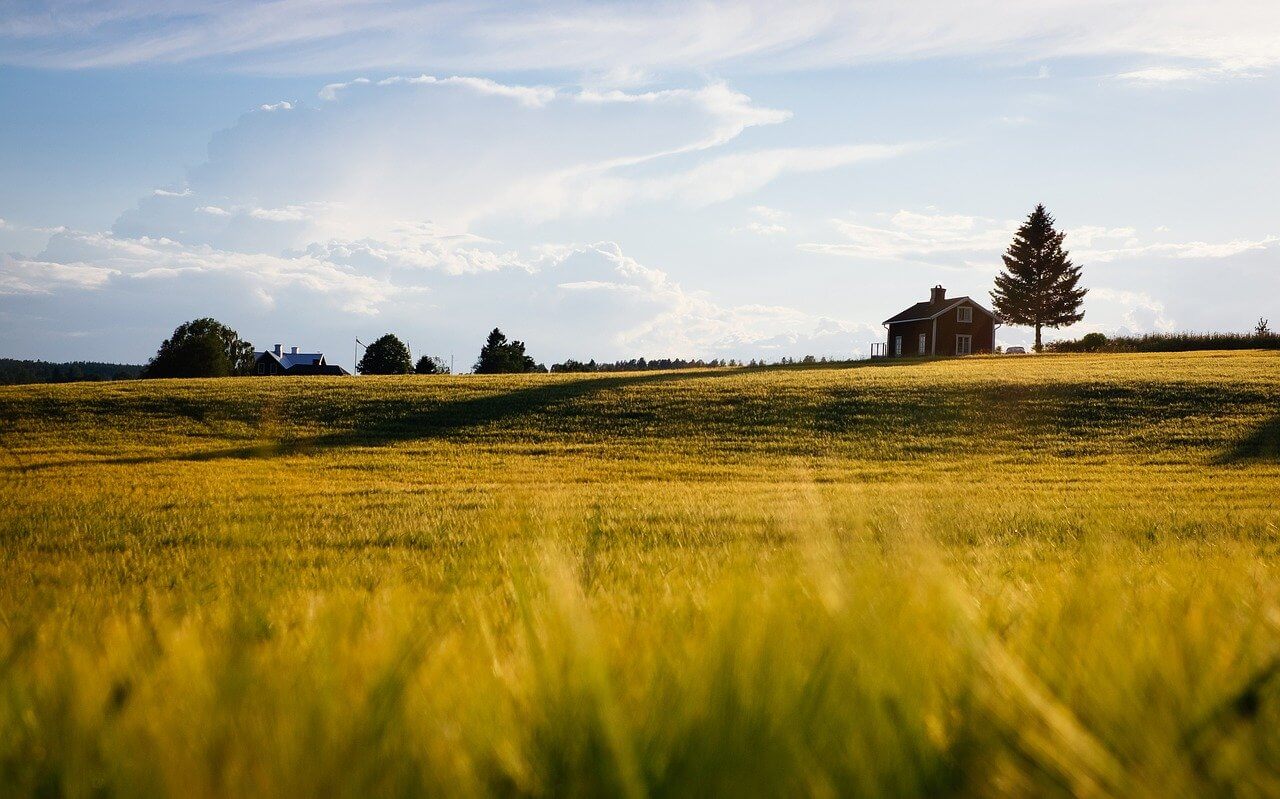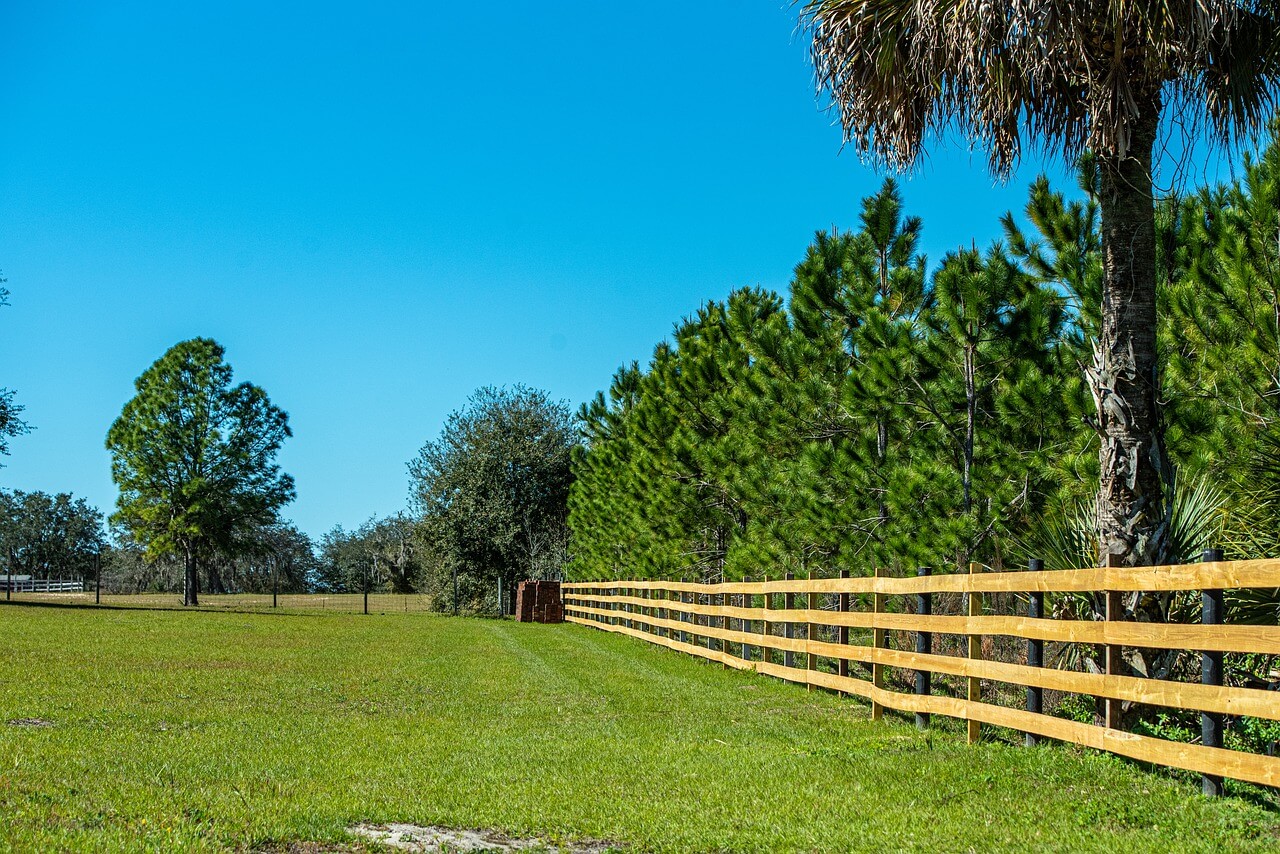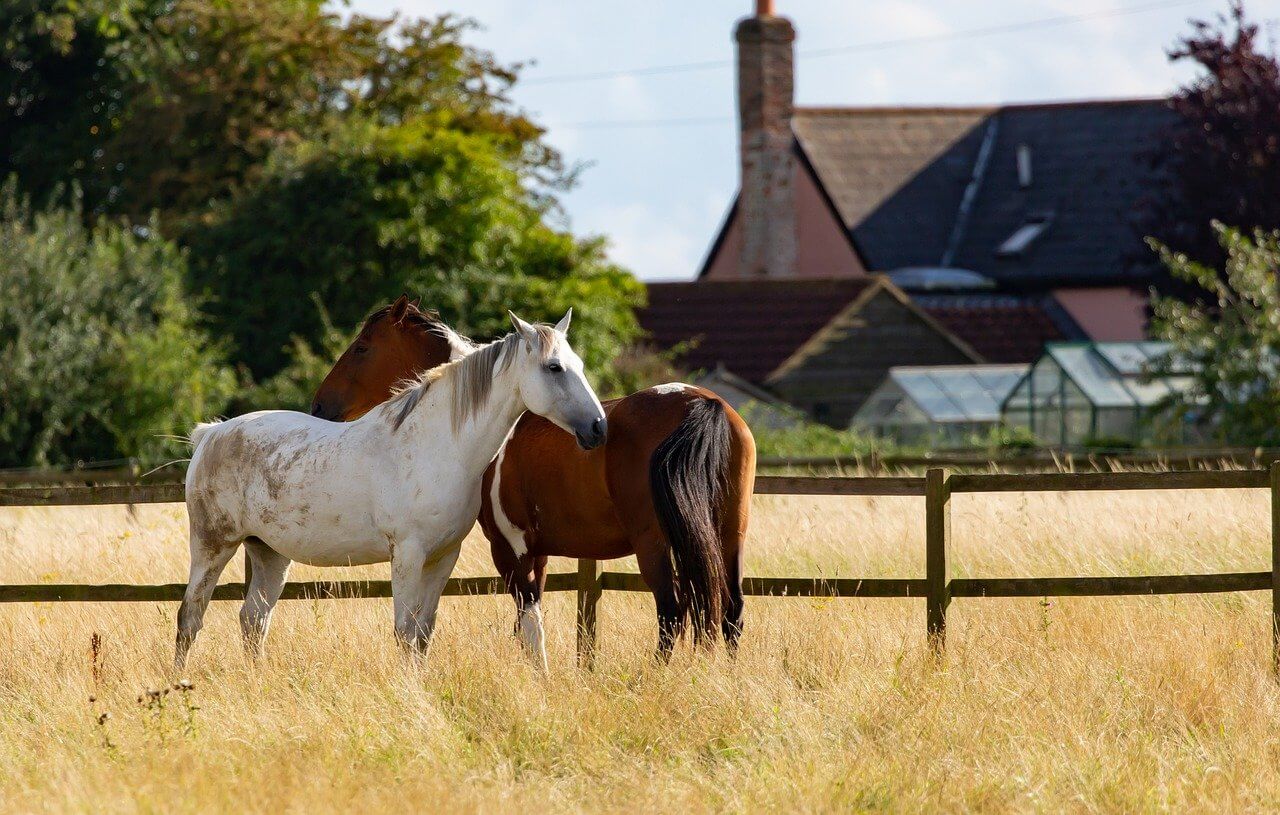Are you wondering what the difference is between a farmstead vs. homestead? The two are quite similar, but there are some important differences to be aware of. In this article, we’ll break things down for you – and tell you why this distinction matters.
What You'll Learn Today
What is a Farm?

A farm is any land that is cultivated for agricultural production – it is meant for growing crops and rearing animals.
It could be a:
- Crop farm
- Fish farm
- Dairy farm
- Poultry farm
- Meat farm
…and so on. Some farms are highly specialized, producing only one product, while others are more diverse in their scope.
The United States Department of Agriculture classifies a farm as any operation that can produce at least $1,000 in agricultural products a year.
Technically, that makes most homestead, farmstead, and hobby farm enterprises fall under this category. Note that the wording is that a farm is an operation that can produce at least $1,000 in agricultural products a year – not necessarily sell those products.
However, many farmers would scoff at hobby farmers or homesteaders who call their enterprises “farms.” Because of this, it’s important to differentiate between the types a bit more.
What Makes a Farm a Homestead?

Is your farm a homestead, or a farm? For many people, it is very easy for the lines to blur in the distinctions between the two.
Both farmers and homesteaders can be considered pioneers, hard workers who have a drive to produce things. They might grow vegetables, raise animals, or something else along those lines. Both homesteaders and farmers can live on the same plot of land where they produce their animals and plants.
However, that is where the similarities end. A homesteader is someone who strives for self-sufficiency and not necessarily to make a profit. A farmer, on the other hand, will be someone who is planning on selling something that they have produced.
While there are homesteaders who sell a few products here and there to become more self-sufficient as well as farmers who strive to sustain themselves with the food they are growing, the key goals and main priorities for each are different.
Homesteaders generally are avid DIYers, tending to want to live off the grid and be as industrious as possible when it comes to making everything themselves. This is often referred to as a hobby farm, but again, a homestead and a hobby farm are not one and the same.
A homestead’s main priority is to be self-sufficient and that often extends beyond traditional farming activities like gardening and raising animals. It can include things like food preservation, sewing, cooking, repurposing, energy generation, and more.
That said, there are all kinds of opinions on this and everyone has a different perspective. Homesteady is a resource that you might want to consider if you’re interested in living the homesteading lifestyle.
If you watch this video, you’ll find another explanation of a homestead vs farm (along with other property and homesteading information sprinkled in, too).
What is a Farmstead Farm?
To further complicate the mix, we’ll throw in a farmstead farm. Farmstead farmers are similar to homestead farmers in that they both tend to live at the same location where the plants are being grown or the animals are being raised.
It’s like a hybrid of a farm and a homestead, with farmsteaders paying attention to producing what they have experience in as well as what is marketable and scale-able. Often, farmsteaders focus on growing a smaller number of products than homesteaders do. The products can be diverse but not nearly as diverse as what would be produced on a homestead.
Farmsteaders pay attention to what works, what sells, and how costs can be reduced – things that you might need to know in order to have a successful business as well as to support yourself around the calendar year.
What is the Difference Between a Farm and a Farmstead?
While a farmstead sounds a lot like a farm in terms of the need to turn a profit, there are a few key differences.
To be considered a farmer, a person doesn’t have to consume a single bit of what he produces. A farmer could work off-site, living many miles from where he grows his plants or raises his animals. However, the key qualification for a farm is that it must be designed to earn a profit (although ironically, many farms ultimately do not!).
A farmstead is less of a self-sustaining business and more of a hybrid between the homestead and farm models.
Hobby Farm vs. Homestead vs. Farmstead

A lot of people view the phrase “hobby farming” with a bit of derision, viewing hobby farmers as people who are just “playing around” with farming.
However, that is certainly not the case. It is important to note that a hobby farm is not the same thing as a homestead or farmstead, though.
A hobby farmer is generally a person who doesn’t have the same drive to be as self-reliant as a homesteader yet also isn’t interested in selling as many (or any) of their on-farm products as someone who is running a farmstead.
Hobby farmers aren’t trying to make a living from their farms. They often have good off-farm jobs that support their farming habit. Rather than spending their disposable income on golf or travel, hobby farmers put it back into greenhouses and goats.
They aren’t concerned with turning a profit or in some cases, don’t even care about covering their costs. Hobby farmers also aren’t interested in producing all the food they will need for a year, like a homesteader. It’s all about the experience for a hobby farmer.
What is a Ranch?
We’ll add one more definition here to confuse you even more!
The last kind of farm you might hear about is a ranch. Technically, a ranch is a place where livestock are grown and grazed to produce meat. Basically, ranches are just farms where livestock are raised under certain conditions, with the ultimate goal of selling the meat and related products (like wool or leather).
Ranches can be operated in order to turn a profit but they don’t have to.
Defining Your Farm: Why is it Important?
Now that you know all the differences between homesteads, hobby farms, farmsteads, and more, you likely know which category your operation falls into.
For the vast majority of people, they will be considered homesteads or farmsteads – unless farming is your full-time job or comprises a large portion of your income, you probably aren’t a rancher or farmer.
But why is this important?
Most of the time, being able to define what it is that you are doing matters only for conversation fodder. You want to be able to accurately explain to people what you do – and that’s all.
However, once your business begins to grow, it’s important to be able to categorize yourself for business and tax purposes, and also register your farm name with your state.
The Internal Revenue Service, for instance, will want to know how much income your farm is generating because you shouldn’t be filing a Schedule F (and claiming farm deductions) until you’ve been making money (not necessarily a profit) for at least three of the last five tax years.
Having a clear idea of who you are and what you want to do is important when it comes to creating a business plan, too, as it will help you articulate your future goals more clearly.
So there you have it! Now, what are you – a farmstead, hobby farm, homestead, ranch, or farm?
Home, homestead, farm, farmstead, ranch,… I am even more confused after reading this article 😛
Surely will have to reread but I thank you for this explanation. I have a feeling me and hubby might not be on the same page. I think we should be a farmstead. Gonna talk about this with him and see the what what.
Thank you so much for this.